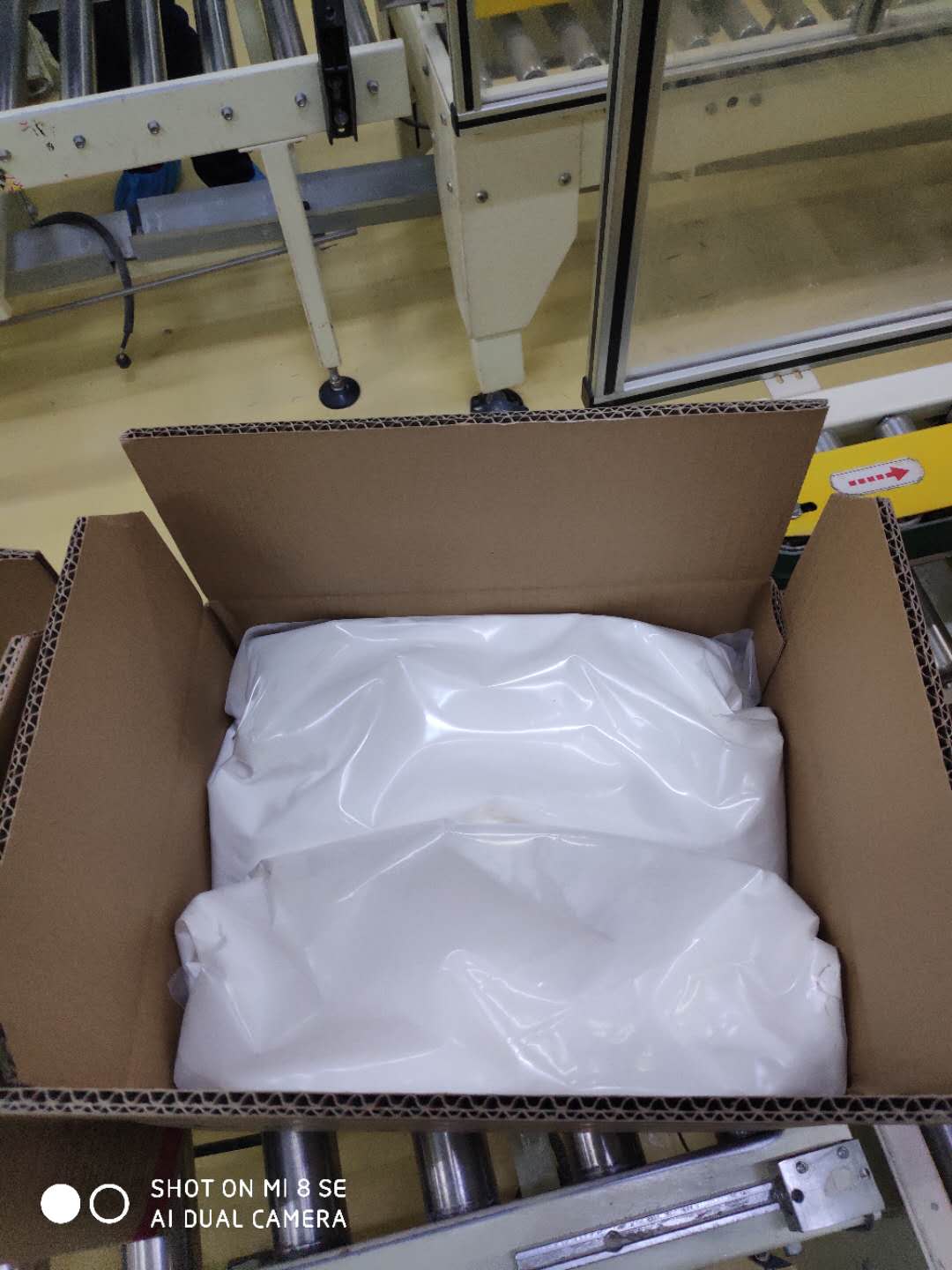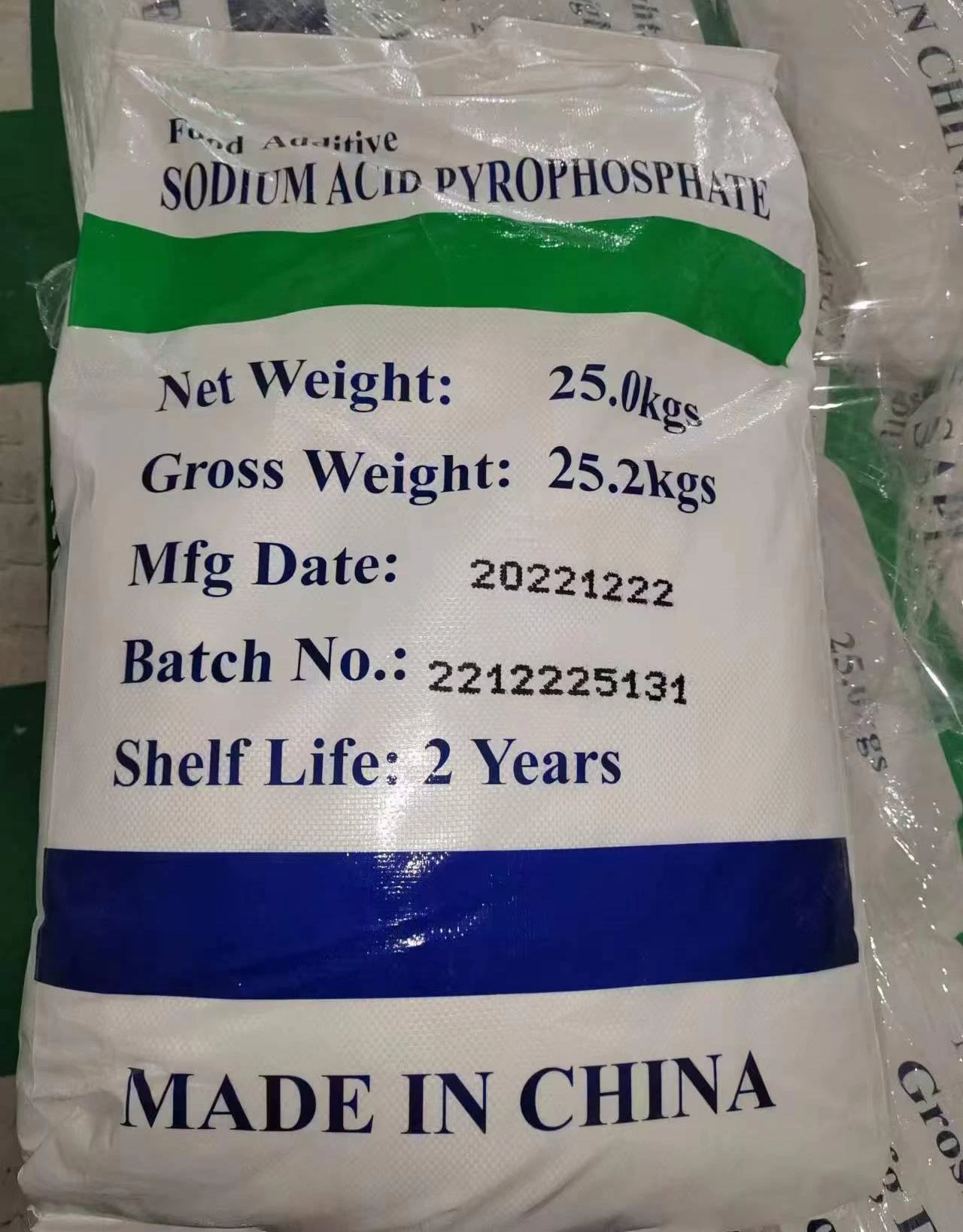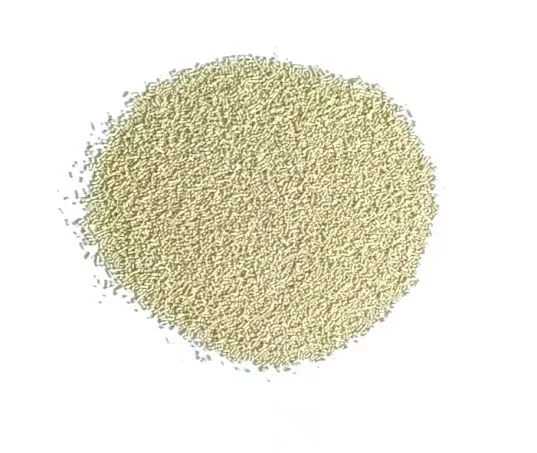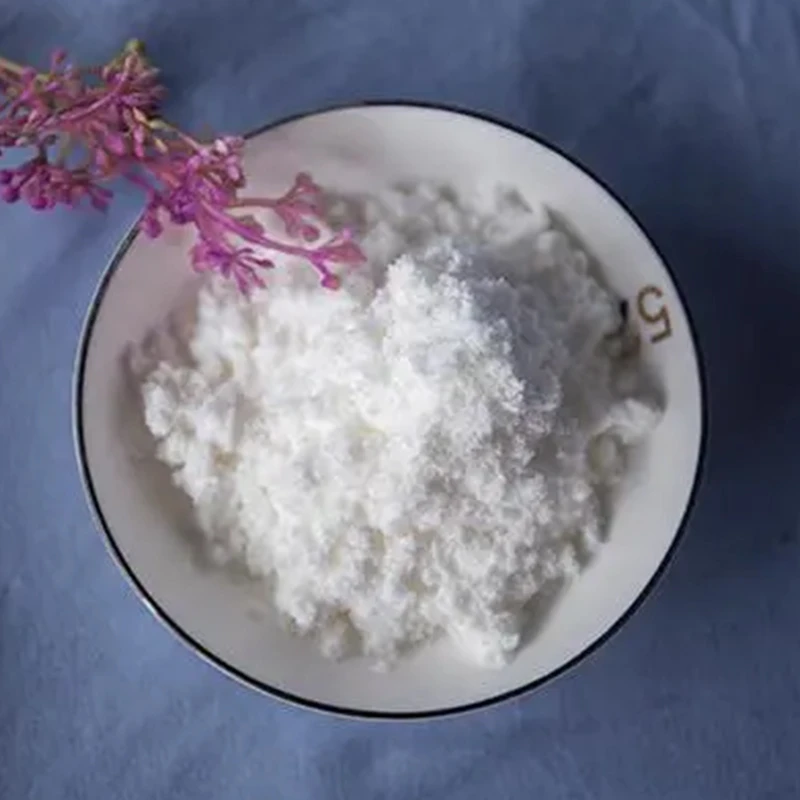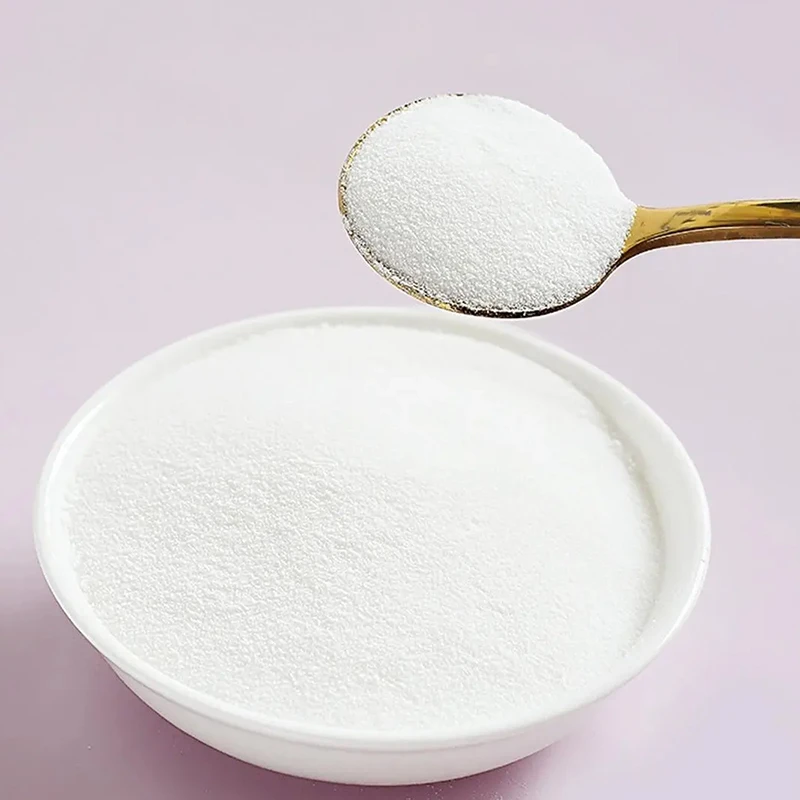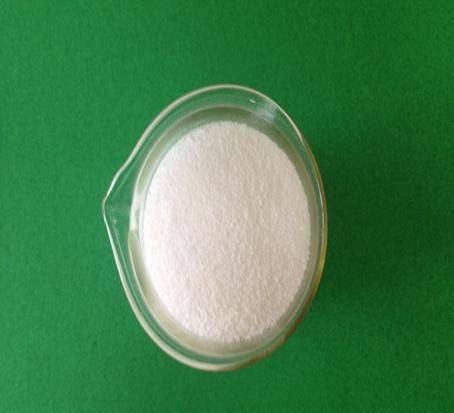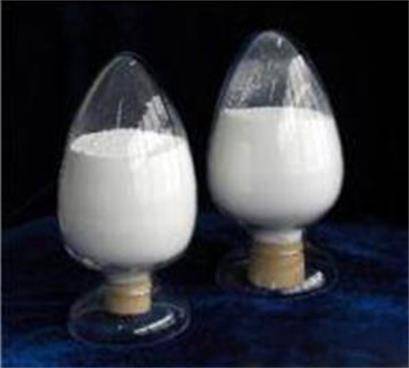Monosodium glutamate cena (MSG price) remains a vital factor influencing sourcing strategies and product development in both food and chemical industries. Understanding its specifications, manufacturing process, and applications ensures optimized procurement and application in large-scale and specialty projects. This article thoroughly examines the latest monosodium glutamate cena trends, technical parameters, production process, and industry usage, comparing the 60 Mesh Monosodium Glutamate 99% offering as a market-leading product.
| Year | Average Monosodium Glutamate Cena (USD/MT) | Global Production (MT) | Primary Application Regions | Regulatory Certifications |
|---|---|---|---|---|
| 2020 | 980 | 3,200,000 | Asia (65%), EU (18%), NA (14%) | ISO 9001, FDA |
| 2021 | 1060 | 3,350,000 | Asia (67%), EU (16%), NA (13%) | ISO 22000, Kosher, Halal |
| 2022 | 1175 | 3,540,000 | Asia (70%), EU (14%), NA (13%) | ISO 9001:2015, GMP+ |
| 2023 | 1238 | 3,700,000 | Asia (72%), EU (14%), NA (12%) | ISO 9001, ISO 14001, FSSC 22000 |
The price of monosodium glutamate cena has steadily increased due to rising raw material and energy costs and sustained demand, especially in MSG Asian cooking and MSG Chinese cooking applications. The market is dominated by certified suppliers adhering to ISO 9001, FDA, and FSSC 22000 standards, ensuring quality and traceability.
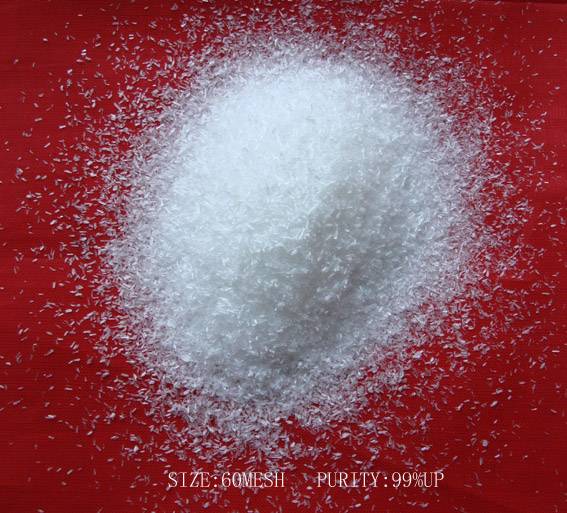
60 Mesh Monosodium Glutamate 99% is a high-purity food-grade additive comprising nearly pure (≥99%) monosodium glutamate, sieved to 60 mesh particle fins. Its fine crystalline texture ensures uniform distribution in seasonings and rapid solubility. This specification complies with ISO 9001 and FSSC 22000 traceability standards and is extensively used in the food processing, catering, and industrial fermentation industries. The product features:
- Mesh: 60 (approx. 250μm), offering excellent blending and dissolving capabilities
- Purity: ≥99.0% by dry weight, per FCC IX/GB8967-2007 standards
- Origin: Fermented from non-GMO plant-based substrates
- Certifications: ISO 9001, HACCP, Halal, Kosher
- Applications: Enhancer in sauces, MSG Asian & Chinese cooking, canned foods, meat processors
- Shelf Life: 3 years under sealed condition, moisture-resistant packaging
| Parameter | Value | Standard/Testing Method |
|---|---|---|
| Appearance | White, fine granular crystals | Sensory (ISO 6658:2017) |
| Purity (Monosodium Glutamic Acid) | ≥99.0% | ISO 9001, FCC IX |
| Mesh Size | 60 mesh (246-250 μm) | ASTM E11-17 |
| Moisture | ≤0.4% | ISO 939, GB/T 14464-2018 |
| pH (5% solution) | 6.7-7.3 | ISO 4316 |
| Sodium (Na) | 12.2% | ICP-OES, ISO 11885 |
| Water-Insoluble | ≤0.1% | ISO 7070 |
| Heavy Metals | <1 ppm (as Pb) | ICP-MS/ISO 8288 |
| Origin | Non-GMO, plant-based fermentation | Declaration/Supplier Traceability |
As a highly refined and tested powder, 60 Mesh Monosodium Glutamate 99% easily meets technical standards for seasoning blends and processed foods. The product undergoes batch ISO 9001/FSSC inspection and is compliant with FDA and EU food additive regulations.

The key production stages include enzymatic hydrolysis (converting starch to glucose), deep-tank microbial fermentation (producing L-glutamic acid), isolation and purification through ion exchange and crystallization, and precise granulometry tuning. Strict batch analytical labs ensure low moisture, microbiological safety, and flavor consistency, supporting regulatory compliance and long product shelf-life.
| Item | 60 Mesh MSG 99% | Regular MSG (30 Mesh) | Monosodium Glutamate Natural |
|---|---|---|---|
| Purity (%) | ≥99.0 | 98.0 | 96-99 (varies) |
| Mesh Fineness | 60 mesh (fine powder) | 30 mesh (granular) | Coarse/Fine |
| Source | Fermented plant-based | Fermented/corn | Fermented/cassava, sugarcane |
| Certifications | ISO9001, FSSC22000, Halal, Kosher | GMP | Natural, Non-GMO |
| Clarity & Taste | Exceptional umami, rapid solubility | Strong, slower dissolve | Mild, variable |
| Target Applications | Industrial blends, sauces, instant foods | Bulk & domestic | Clean-label products |
| Stability & Shelf Life | 3 years, low moisture | 1-2 years | 1 year |
The 60 Mesh Monosodium Glutamate 99% offers faster dissolution, higher purity, extended shelf life and a strictly controlled origin, supporting critical foodservice, industrial, and export clients. Its production adheres to global food safety benchmarks such as ISO 22000 and FSSC 22000.
- Food & Beverage Industry: Blends of 60 mesh MSG provide balanced umami intensity for instant soups, snacks, and condiments, supporting brands seeking uniform flavor and clean-label sourcing.
- Industrial Catering & Ready-to-Eat: Large-volume food producers specify moisture-resistant packaging and fine-particle MSG for lines with high-mix operations, reducing clumping and optimizing dispensing accuracy.
- Pharmaceuticals & Nutraceuticals: MSG is used as a carrier or stabilizer, owing to its high purity and absence of allergenic proteins, meeting GMP+ batch requirements.
- Petrochemical and Metallurgy: Specialty applications include surface treatment additives and fermentation process enhancers, demanding strict traceability and ISO-standard conformance.
- Water Treatment & Processing: MSG’s sodium content sometimes applies in select chelating blends for laboratory/life-science use, subject to custom QA/QC plans.
Each industry often requires tailored logistics, shelf-life testing, and documentation packages (Certificate of Analysis, Material Safety Data Sheet, etc.), for which reputable suppliers like China Seasoning offer custom order support and technical consultation.
- Top Instant Noodle Exporter – Thailand: Specification of 60 mesh MSG led to 20% improved flavor dispersion and reduced sediment in broth packs; the use of ISO-certified MSG allowed successful registration in EU and US markets.
- Major Ketchup & Sauce Producer – Germany: Shifted to higher mesh MSG resulting in faster batch homogenization, less waste, and a 14-month shelf-life gain in finished blends.
- Industrial Caterer – Middle East: Adopted moisture-protected bulk packaging for extreme climates, reduced clumping incidents by 87% over their previous coarser MSG grade.
- Clean-Label Soup Brand – North America: Utilized fermented monosodium glutamate natural, highlighting non-GMO and allergen-free claims, achieving higher consumer trust.
- Petrochemical Water Treatment Facility – Asia: Used MSG-based chelation agent for corrosion prevention in process water, achieving 32% reduction in metal ion buildup monitored via continuous testing.
- Annual Capacity: 80,000 MT+ monosodium glutamate per annum (stat: China Seasoning Group, 2023)
- Testing: Fully equipped ISO-certified labs for purity (HPLC/IC), heavy metals (ICP-MS), microbiological panels (
- Certifications: ISO 9001, FSSC 22000, HACCP, Kosher, Halal, FDA/GRAS compliance. Audited by SGS & Intertek.
- Clients: Top 10 global food conglomerates, beverage and flavor giants, export to 58+ countries.
- Lead Time: 7-14 working days (export), with lot traceability and batch documentation.
- Warranty: 3-year shelf life guarantee under recommended storage.
- Technical Support: Free application consulting, on-site audit reports, sample provision.
- Q1: What is the difference between ‘60 mesh’ and ‘30 mesh’ monosodium glutamate cena?
- Answer: Mesh size refers to the particle fineness. 60 mesh (approx. 250μm) provides a fine powder ideal for blending and fast dissolution, while 30 mesh is coarser and more prone to sediment in liquid applications.
- Q2: Is 60 Mesh Monosodium Glutamate 99% suitable for ‘natural’ and clean label claims?
- Answer: Yes, the product is fermentation-derived from non-GMO sources and does not contain allergens or synthetic additives, supporting natural/clean label positioning when appropriately declared.
- Q3: What standards govern the chemical and microbial testing of MSG?
- Answer: Primary standards are ISO 9001, FSSC 22000, FCC IX, GB8967-2007 for chemical test, ISO 4833-1, and AOAC methods for microbial analysis.
- Q4: How is monosodium glutamate cena priced and updated?
- Answer: Prices are typically updated monthly or quarterly, based on raw material, energy costs, and forex fluctuations. Large-volume buyers can negotiate spot or fixed contracts.
- Q5: What is the proper installation or dosing standard for using MSG in food blends?
- Answer: Typical dosing is 0.2%-0.8% in finished goods, but always follow regulatory maximum usage (per FDA, EFSA or GB2760).
- Q6: What are the main technical parameters buyers should request?
- Answer: Always specify mesh size, purity, packaging, origin traceability, and batch COA parameters, including heavy metals, microbiology, and allergen status.
- Q7: What is the guarantee on shelf life and product stability?
- Answer: For properly packed product stored under dry, sealed conditions, at least 3 years shelf life is standard, as validated by ISO 21149 accelerated aging tests.
MOQ: 1 metric ton (custom packing supported: 1kg, 25kg, 1000kg bulk bags).
Delivery: Normal lead times are 7-14 business days to major global ports.
Payment: T/T, L/C, credit terms for established buyers.
Support: Technical hotline, instant messaging, and export documentation service. Sample shipments on request.
Warranty: Full 3-year quality guarantee (replacement/refund if non-conforming).
- 60 Mesh Monosodium Glutamate 99% Product Detail
- Review: The role of monosodium glutamate in contemporary food science (International Journal of Food Science)
- Asia's MSG market projects, FoodNavigator-Asia
- Monosodium Glutamate Outlook 2024, FoodIngredientsFirst
- ISO 9001:2015 Standard
- IFT Forum - MSG Industry and Regulatory Discussion
- Monosodium Glutamate: Current Scientific Evidence, Journal of Food Science
Post time: Jul - 29 - 2025





